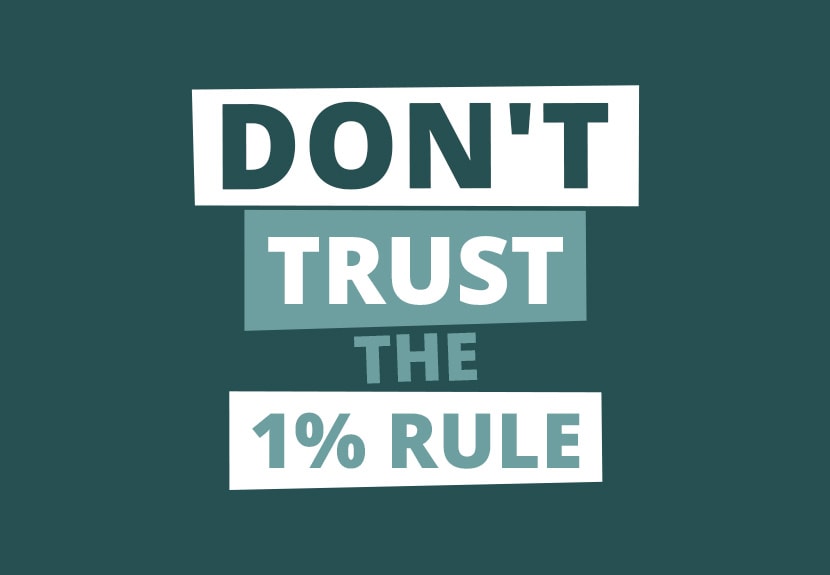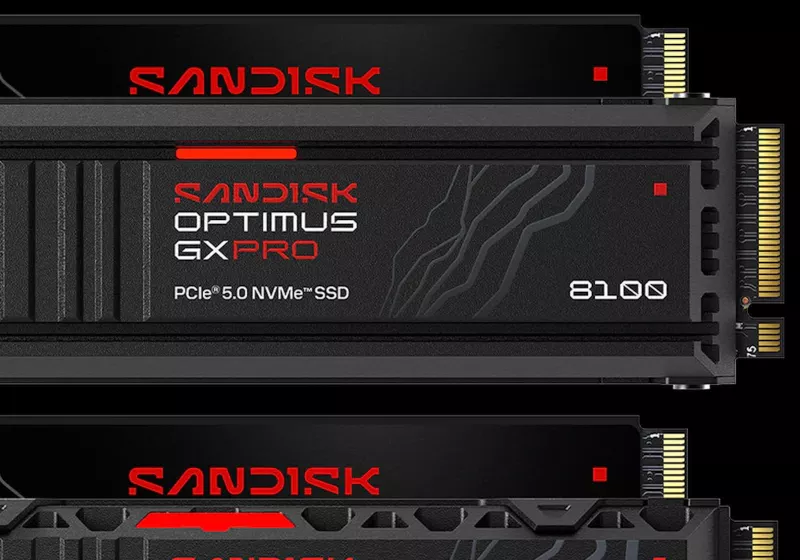This article/post contains references to products or services from one or more of our advertisers or partners. We may receive compensation when you click on links to those products or services
I remember the days when most cryptos could only be bought with other cryptos.
Now, you can buy DOGE with a Chase Sapphire card.
How times have changed.
However, just because you can buy crypto with a credit card doesn’t mean you should. After all, there are risks, drawbacks, and extra fees to consider.
So what are the drawbacks? And when (if ever) is it worth it?
The Short Version:
- As of Q4 2022, a handful of major exchanges and a surprising number of big banks will let you buy crypto with a credit card.
- However, the combined fees charged by the bank and the crypto exchange can easily surpass 10%.
- Since banks treat crypto buys as cash advances, they trigger no rewards, no purchase protections, and instantly start accumulating interest.
- Crypto investors are much better off sticking with ACH and debit purchases.
Can You Buy Crypto With a Credit Card?
Technically, yes.
As of Q4 2022, a small handful of exchanges and a surprising number of big banks allow you to purchase crypto with a credit card.
However, while it’s definitely possible, there are tall risks and eye-watering fees to consider that to most investors will render the idea comically unviable.
Which Exchanges Let You Buy Crypto With a Credit Card?
To set expectations, the list is constantly in flux. Even major exchanges seem to allow and then disallow credit cards on a dime based on how banks and legislators react.
But for now, here are four major exchanges that allow crypto purchases using credit cards:
| Exchange | Credit cards accepted | Additional credit card transaction fee |
|---|---|---|
| Crypto.com | Crypto.com Visa Card only | 3% |
| Binance (global, not U.S.) | Visa and Mastercard | 2% |
| Coinmama | Visa and Mastercard | 5% |
| CEX.io | Visa and Mastercard | 3% |
Coinbase, Kraken, Gemini, and all other major exchanges currently do not allow credit card purchases. Coinbase did for a minute, and now they don’t.
Check out our review of Coinbase here.
Which Credit Card Companies Allow You To Buy Crypto?
Chase, Capital One, and Citi all allow you to buy crypto with one of their cards. Even American Express allows it, although no U.S.-based exchanges currently accept Amex.
However, even if you have a credit card that allows for crypto purchases — and an account with Coinmama and CEX.io — and you don’t mind the steep credit card transaction fee, there’s another thing to consider.
Related>>>The 10 Best Crypto Exchanges for 2022
Banks Treat Crypto Buys As Cash Advances, Not Purchases
Yes, you can technically buy crypto with your Chase Freedom card — just know that 100% of U.S. credit card companies treat crypto purchases as cash advances.
In the eyes of your bank, your Bitcoin purchase is more like an ATM withdrawal, than a regular purchase on Amazon.
And just like with a cash advance:
- Your crypto purchase will be limited to your maximum cash advance amount in your cardholder agreement, which is typically 30% of your credit limit.
- You’ll be charged a cash advance fee, typically 5% of the “withdrawal” amount
- You’ll also be charged eye-watering interest on your cash advance amount until you pay it off – typically between 24.99% and 29.99%.
All things considered, how much more will it cost you to buy crypto with a credit card instead of a bank account?
How Much Does It Cost To Buy Crypto With a Credit Card?
Cash advances aren’t afforded the same fraud protections as regular purchases. So if you get scammed buying crypto with a credit card, your bank will treat it like an ATM cash withdrawal that you lost on the tables in Vegas.
Let’s say you’re planning to buy $1,000 worth of Ethereum on Coinmama after the success of The Merge.
If you pay with your bank account, you’ll pay a 3.90% transaction fee or $39.
If you pay with your Chase credit card, you’ll pay:
- Coinmama’s 3.90% transaction fee
- Coinmama’s 5% credit card transaction fee
- Chase’s 5% cash advance fee
That’s 13.90% — or $139 — in transaction fees alone.
Plus, if you don’t pay off your “cash advance” of $1,000 right away, Chase will charge you 27.47% APR compounded daily — that is, an additional $23.16 in interest — on your next credit card statement.
That’s another 2.316% of the original purchase amount.
All told, the net fees associated with buying crypto with a credit card are around 16.2%, compared to “just” 3.90% with a bank transfer.
What Are the Risks & Drawbacks of Buying Crypto With a Credit Card?
The fees are just the beginning, because there are other risks and drawbacks to consider when buying crypto with a credit card. Here are just a handful of them.
🚩 High Transaction Fees From the Exchange
By accepting credit, crypto exchanges are taking on both risk and potential merchant fees from your bank.
Therefore, they charge between 2% and 5% of your credit card purchase amount to hedge their risk. There is currently no exchange that allows for no-fee credit card purchases.
Even “crypto credit cards” like the Crypto.com Visa Card charge a 2.99% fee since the banks underwriting them need to hedge their risk somehow.
🚩 You May Be Charged Up to Three Different Fees From Your Bank
If your bank/credit card issuer allows for crypto purchases, they’re going to pepper you with up to four different types of fees in addition to the ones listed above:
- 5% cash advance fee
- 24.99% to 29.99% cash advance APR
- 3% foreign transaction fee
I’ve heard anecdotes of crypto investors getting hit by a 3% foreign transaction fee when buying from a crypto exchange. And since most crypto exchanges are registered outside the U.S., it’s hard to call up your bank and refute that fee.
🚩 High Credit Card Interest With No Grace Period
With regular purchases, you may have a 0% APR grace period of up to 18 months before any interest kicks in. Or, at the very least, you have until your next statement to pay off your balance before being charged.
But crypto purchases are often treated as cash advances, meaning you’ll be hit with that 5% cash advance fee and your cash advance APR of up to 29.99% will start accumulating immediately and compounding daily.
🚩 No Rewards Points or Fraud Protection
It probably goes without saying, but if your bank treat purchases of crypto as cash advances and not qualified purchases, they won’t count towards your signup bonus or cash back rewards.
Cash advances also aren’t afforded the same fraud protections. So if you get scammed buying crypto with a credit card, your bank will treat it like an ATM cash withdrawal that you lost on the tables in Vegas.
In other words: they won’t care.
🚩The Risk to Your Credit Score
As mentioned earlier, most banks and credit card issuers will let you take a cash advance of up to 30% of your total credit limit. Considering the median credit limit is around $6,000 per TransUnion, that’s $1,800 per credit card.
But the caveat to using up 30% of your credit limit is that 30% is precisely the percentage when your debt starts to push your credit utilization ratio too high. This in turn can negatively impact your credit score.
Besides, the large amount of debt-plus-interest arising from a crypto purchase can lead to missed payments, which can definitely send your credit score in the wrong direction.
>>>>For more on why every investor should be watching their credit score like a hawk, check out our full guide to the Best Credit Score Sites: How to Effectively Monitor Your Credit Score.
In summary, buying crypto with a credit card is both riskier and significantly more expensive than a bank transfer.
So, Does Buying Crypto on Credit Ever Make Sense?
When does it make sense to buy crypto with a credit card?
Considering the costs, risks, and potential impact to your credit, I don’t think it ever makes sense to buy crypto with a credit card.
The only two apparent benefits are:
- Convenience, and
- Buying crypto with cash you don’t have on-hand.
But investing in mega-risk assets with high-interest debt is a bad idea of truly biblical proportions. And while paying with a card is faster than digging up your account and routing number, it’s certainly not worth the extra 10% in fees.
So if buying crypto with a credit card is essentially unviable, how should you purchase it?
Safer Alternatives
The best way to buy crypto is directly from your bank account, either via ACH transfer or your debit card (whichever has lower fees).
That may change one day. But in the meantime, traditional finance’s tenuous relationship with crypto and crypto brokers means that investors are stuck in the middle, paying huge fees to hedge everyone’s risk but their own.
The Takeaway: Put Your Plastic Back Into Your Wallet. Close Your Laptop. Back Away Slowly.
Buying crypto with a credit card is a gimmick at best — and a deadly debt trap at worst. After all, investing in crypto via traditional methods is already risky enough. There’s no need to add the risk of a high-interest debt spiral into that mix.
How to Win Some, How to Lose Some>>>>














